An international conference for PhD candidates and post-doctoral researchers
5 – 6 July 2019
The School of Humanities and Social Sciences, HKUST
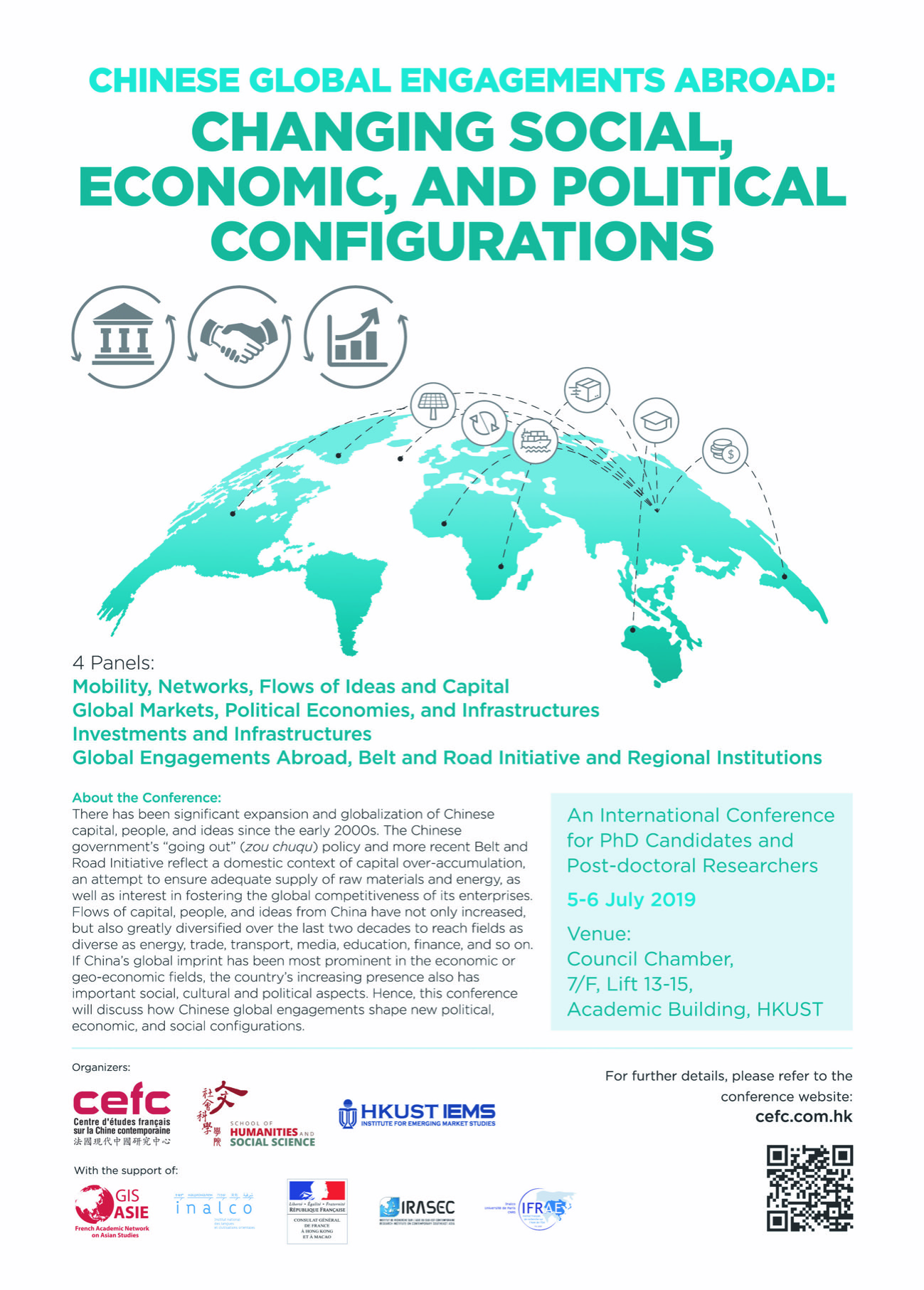
Organizers:
French Centre for Research on Contemporary China (CEFC) ;
The School of Humanities and Social Science, Hong Kong University of Science and Technology &
Institute for Emerging Market Studies (IEMS), Hong Kong University of Science and Technology
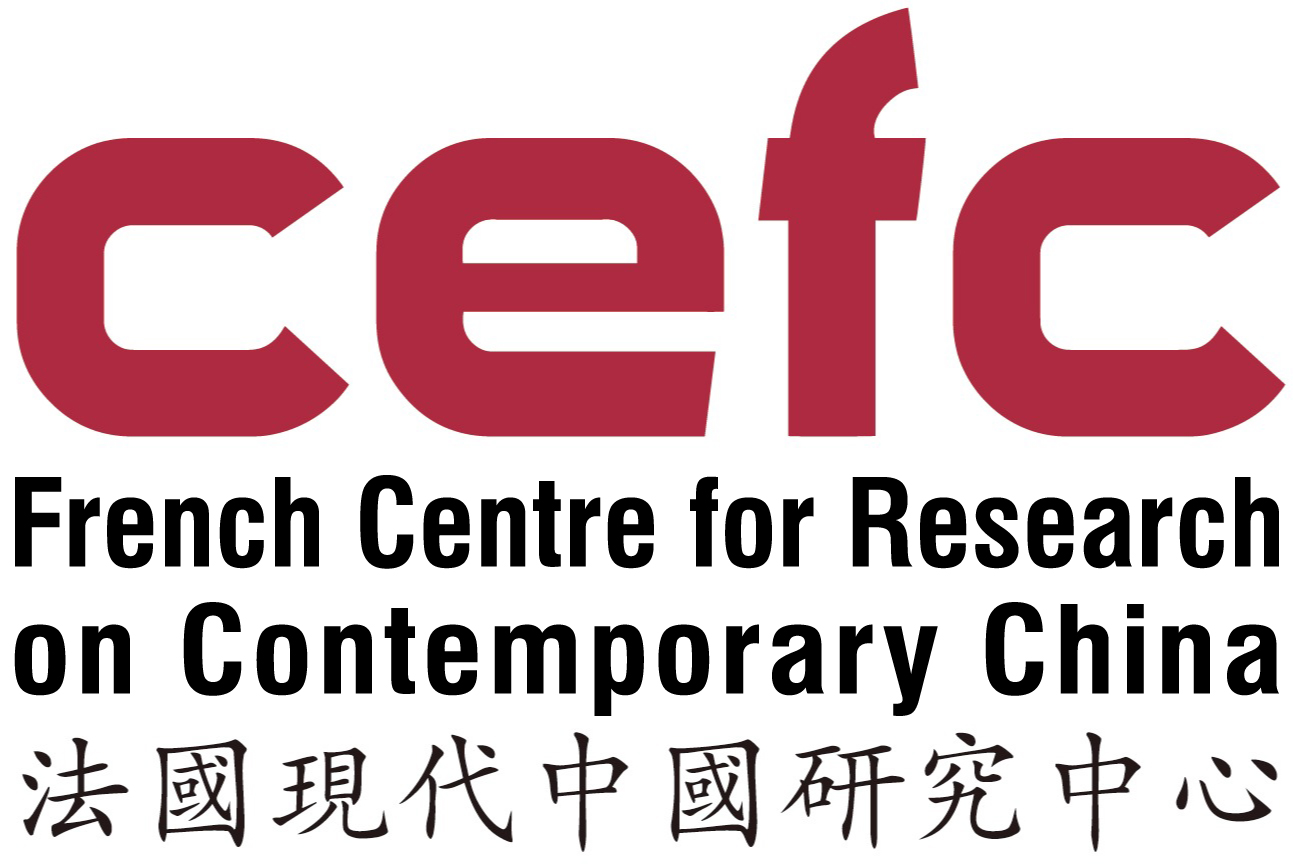


With the support of :
The Consulate General of France in Hong Kong & Macao
GIS Asie
National Institute of Oriental Languages and Civilizations (INALCO, Paris);
The French Research Institute on East Asia (IFRAE);
Research Institute on Contemporary Southeast Asia (IRASEC)
Asean-China-Norms
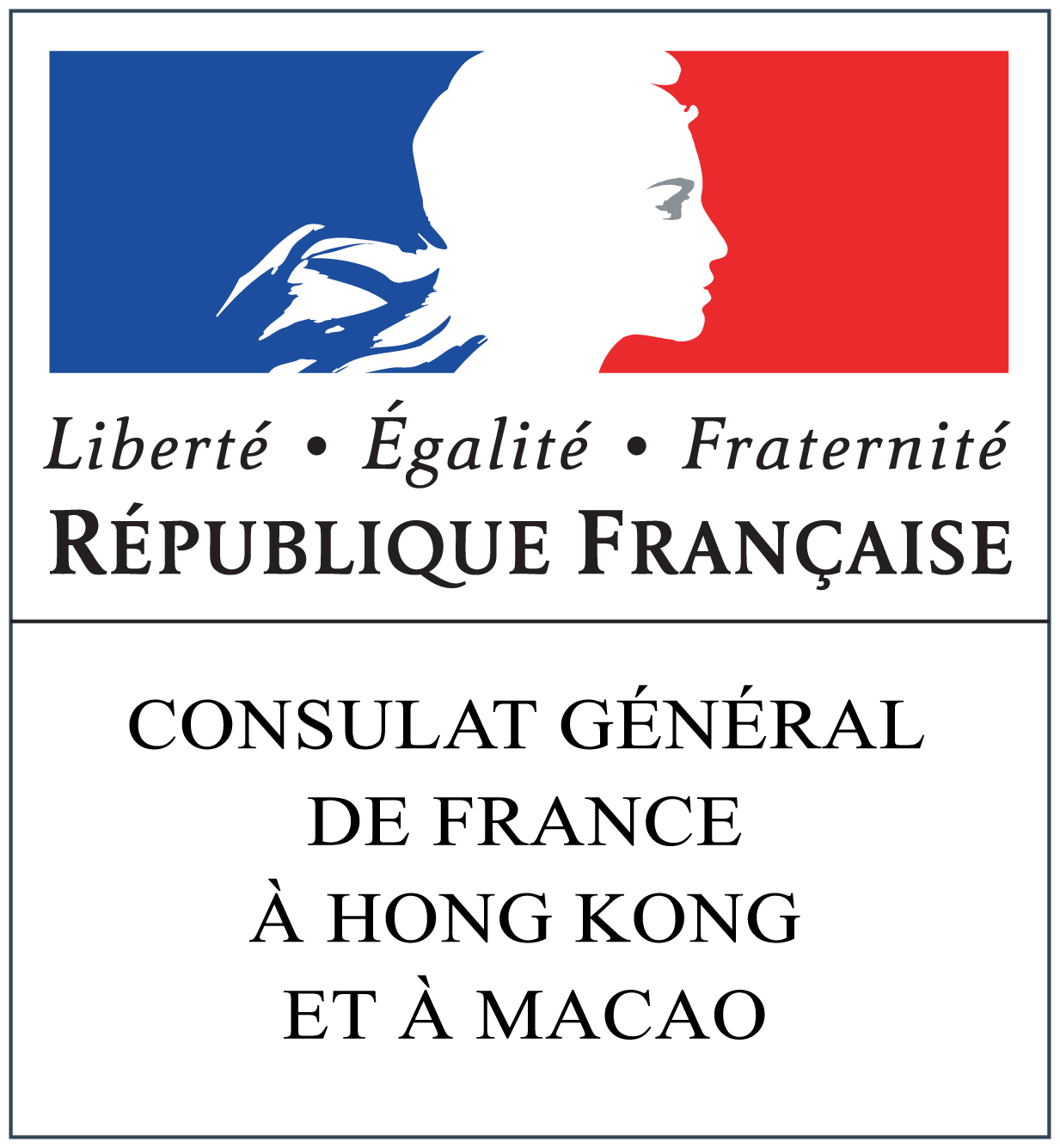
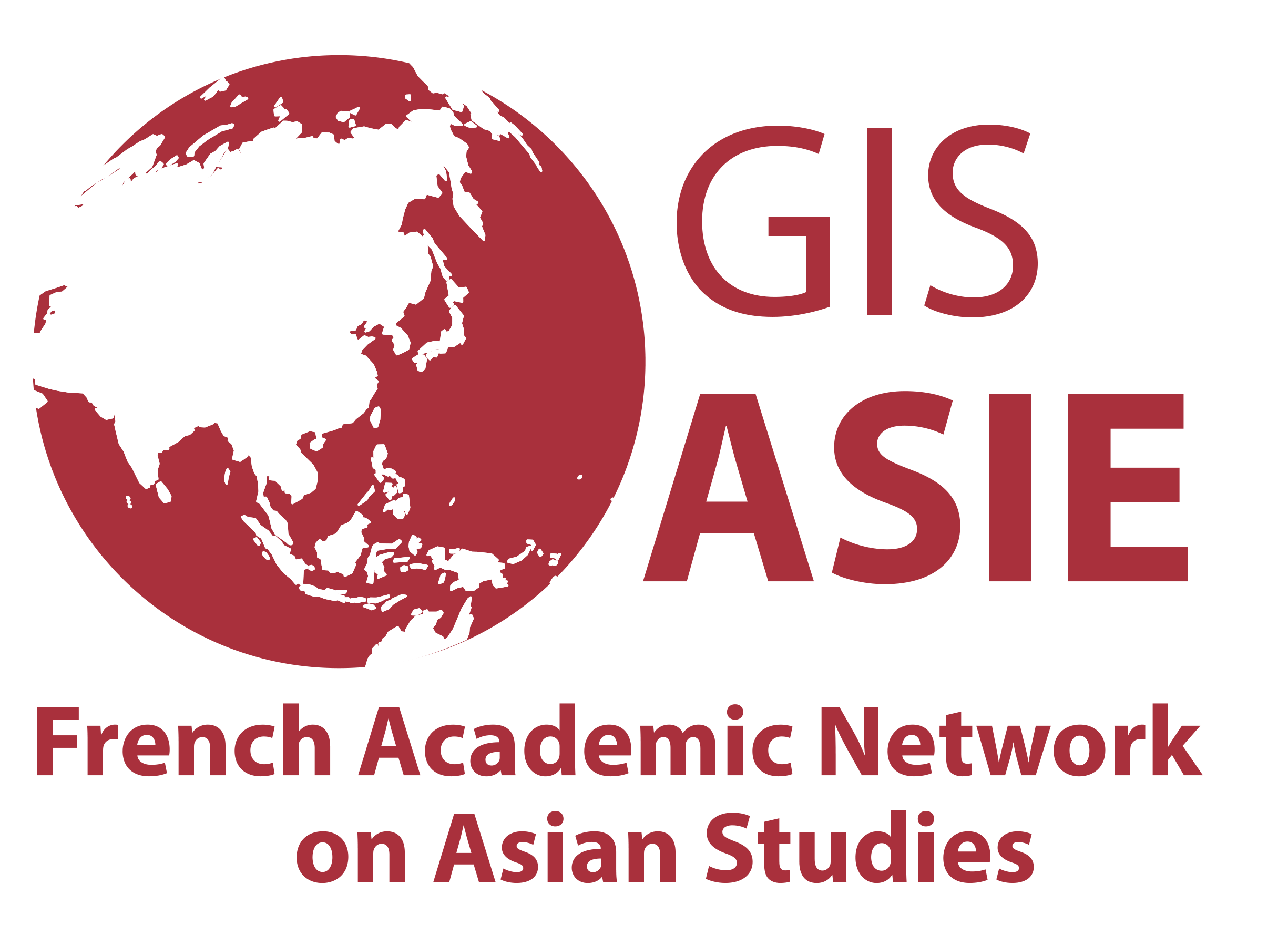
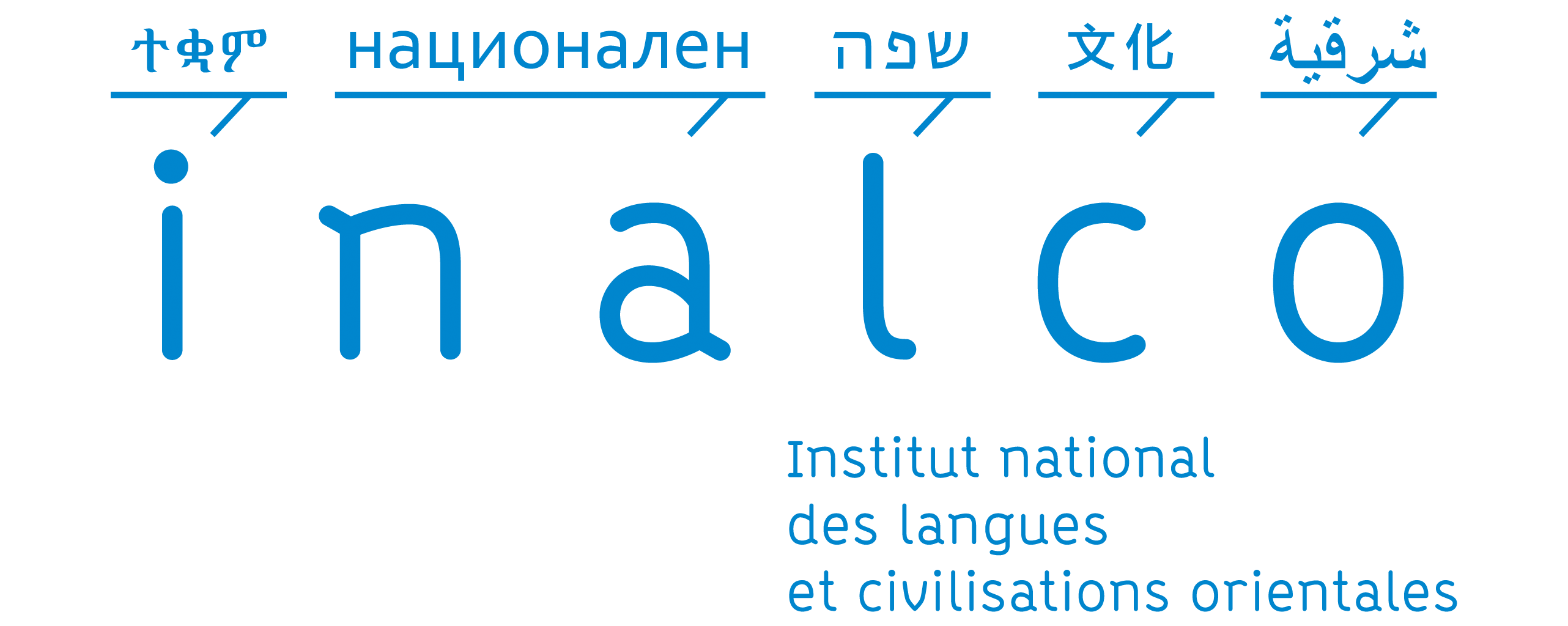
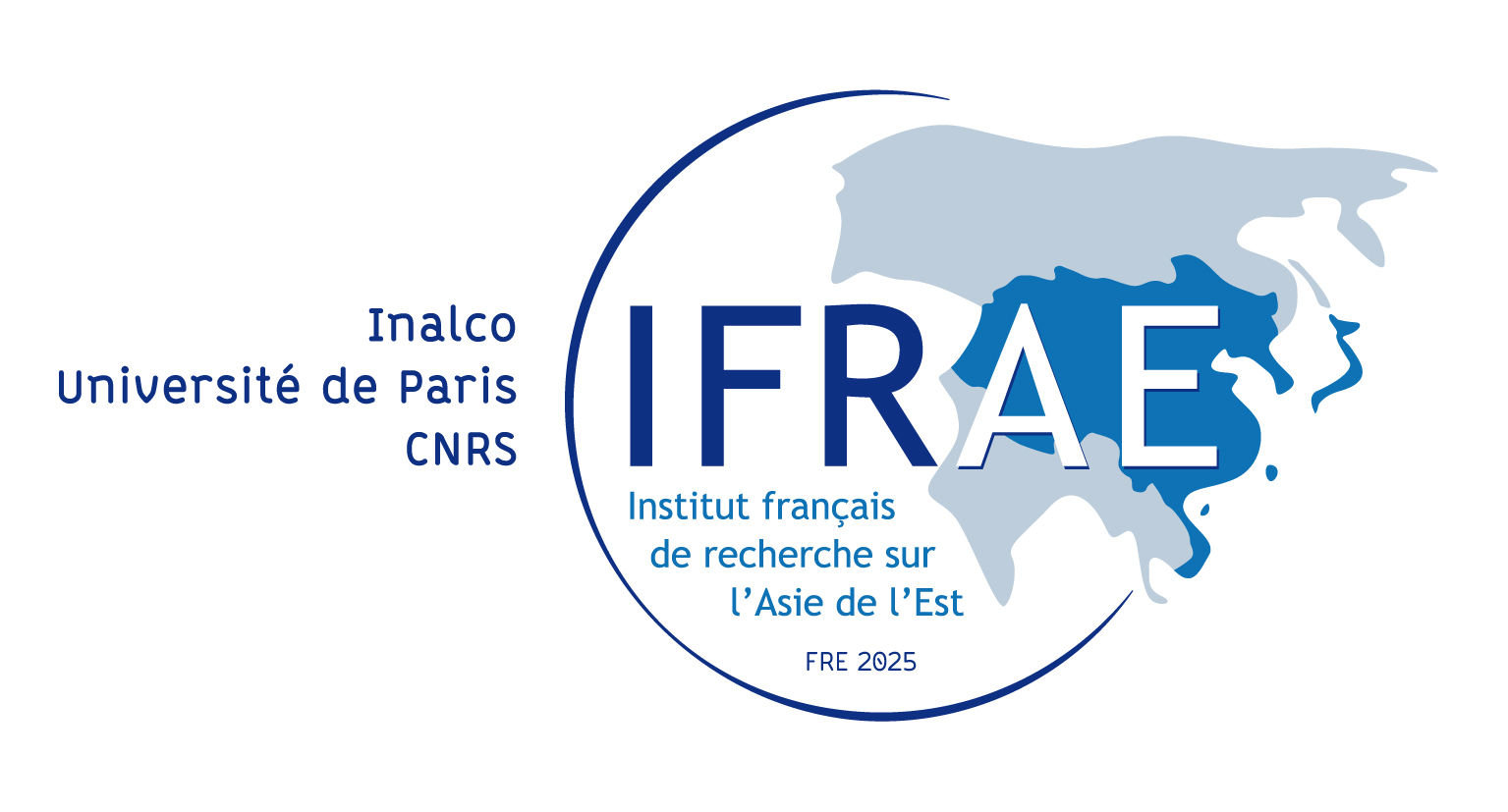
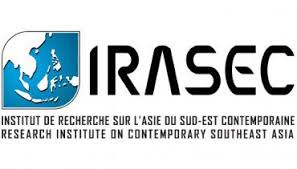
Argument
There has been significant expansion and globalization of Chinese capital, people, and ideas since the early 2000s. The Chinese government’s “going out” (zou chuqu) policy and more recent Belt and Road Initiative reflect a domestic context of capital over-accumulation, an attempt to ensure adequate supply of raw materials and energy, as well as interest in fostering the global competitiveness of its enterprises. In the process, China’s foreign direct investment (FDI) has increased globally, particularly in Africa, Latin America, Asia, and Europe. This has resulted in China becoming the most important source of FDI in the world with 158.29 billion US$ annually in 2017. Flows of capital, people, and ideas from China have not only increased, but also greatly diversified over the last two decades to reach fields as diverse as energy, trade, transport, media, education, finance, and so on. If China’s global imprint has been most prominent in the economic or geo-economic fields, the country’s increasing presence also has important social, cultural and political aspects. Hence, this conference will discuss how Chinese global engagements shape new political, economic, and social configurations.
In addition to shedding light on the transformations of the Chinese state’s expansion and globalization strategy, this conference will also explore how Chinese entrepreneurs, engineers, journalists, diplomats, NGO delegates, etc. interact with the general public, and with business and political elites in the hosting societies.
Moving beyond the assessment of the possible benefits and harms of the increasingly global reach of Chinese capital and aiming at avoiding the too often homogenized and ethnicized depiction of Chinese presence abroad (Nyiri 2012; Tan and Grillot 2016; Lee 2017), this conference aims at gathering contributions that will engage empirically and theoretically with the complexities of the entanglements between an increasingly diverse Chinese presence abroad (from petty entrepreneurs, state corporations managers, engineers, NGO practitioners, to unskilled laborers) and local actors. In this sense, the conference also seeks to expand our understanding of the evolving features of global capitalism in its quest for and in the production of “new frontiers”, and consider how they produce new assemblages of sovereignty, governmentality, and political economies (Mezzadra and Neilson 2013).
The main purpose of the 4th edition of this Conference is to provide a forum for PhD and postdoctoral researchers to engage with each other’s work and foster a better understanding of economic and socio-political processes at work in contemporary China, as well as internationally, given China’s increasing importance as a global actor.
The Conference will be an occasion to facilitate exchanges on common research subjects, compare perspectives and methodologies, and promote interdisciplinary dialogue. By providing a space for debate and reflection, the Conference intends to contribute to the emergence of more diverse theoretical approaches of global China and contemporary capitalism, both in their domestic and international dimensions.
The participants will present their research in thematic panels. Each speaker will deliver a paper in English, followed by a discussion with an invited discussant. The best contributors will be invited to submit their papers for a special issue of a peer-reviewed academic journal, as well as shorter versions of their articles aimed at a general audience for a special issue of the Made in China Journal to be published in 2020.
Contributions may focus on, but are not limited to, the following questions and topics:
- The connection between the transformations of domestic economic development strategies and accumulation regimes on the one hand, and the expansion and globalization of China’s reach, on the other. In particular, what are the economic and political goals of the expansion of Chinese capital beyond “accumulation for accumulation’s sake”? (Lee 2017: 7);
- How China’s increasingly global reach and the expansion of Chinese capital has been received and represented at the levels of political and business elites, as well as ordinary citizens;
- How various flows and networks of migrants articulate with and rework the local political economies and the relationship between formal and informal labor and migration regimes and how this can be related to networks of accumulation, as well as to contentious politics;
- The changing politics and industry of migration: roles of brokers, migration infrastructures, trade unions, etc.;
- How these flows alter the relationship between different generations of (im)migrants, the politics of ethnicity and identity, and the relationship with the Chinese state; what roles do the various Chinese associations and networks play in these economic, political, and cultural processes?
- The transformation of the Chinese state’s representation of international Chinese migrants and how this resonates with changing economic development paradigms and strategies in foreign policy.
Video Clips of the Conference:
All video clips will be uploaded soon
Ms. Adina Matisoff – NGO Advocacy in an Era of « Global China »
Video credit: IEMS HKUST
Quoted references
Lee Ching Kwan (2017). The Specter of Global China: Politics, Labor, and Foreign Investment in Africa. Chicago: University of Chicago Press.
Mezzadra, Sandro and Brett Neilson (2013). Border as Method, or the Multiplication of Labor, Durham, NC and London: Duke University Press.
Nyiri, Pal (2012). «Enclaves of improvement: Sovereignty and developmentalism in the special zones of the China-Lao borderlands». Comparative Studies in Society and History, 54(3), 533-562. DOI: 10.1017/S0010417512000229
Tan, Danielle et Caroline Grillot (2014). L’Asie du Sud-Est dans le « siècle chinois » : Cambodge, Laos et Viêt Nam. Nouvelle édition [online]. Bangkok : Institut de recherche sur l’Asie du Sud-Est contemporaine, http://books.openedition.org/irasec/1169>. ISBN : 9782355960260. DOI : 10.4000/books.irasec.1169.
Scientific Committee
Alpermann Bjorn (University of Würzburg)
Judith Audin (CEFC)
Sébastien Billoud (CEFC)
Jean-Pierre Cabestan (Hong Kong Baptist University)
Bu Maoliang (Nanjing University)
Sébastien Colin (National Institute of Oriental Languages and Civilizations, Paris)
Eric Florence (CEFC)
Ivan Franceschini (Australian National University)
Nicholas Loubere (Lund University)
Ching Kwan Lee (University of California, Los Angeles)
David O’brien (University of Nottingham)
Florence Padovani (CFC, CEFC)
David Palmer (The University of Hong Kong)
Judith Pernin (CEFC)
Céline Pierdet (CEFC)
Christoph Steinhardt (The University of Vienna)
Kellee Tsai (Hong Kong University of Science and Techonology)
June Wang (City University of Hong Kong)
Tao Xie (Beijing Foreign Studies University)
Zhan Zhang (Università della Svizzera italiana)
Yu Zheng (University of London)

